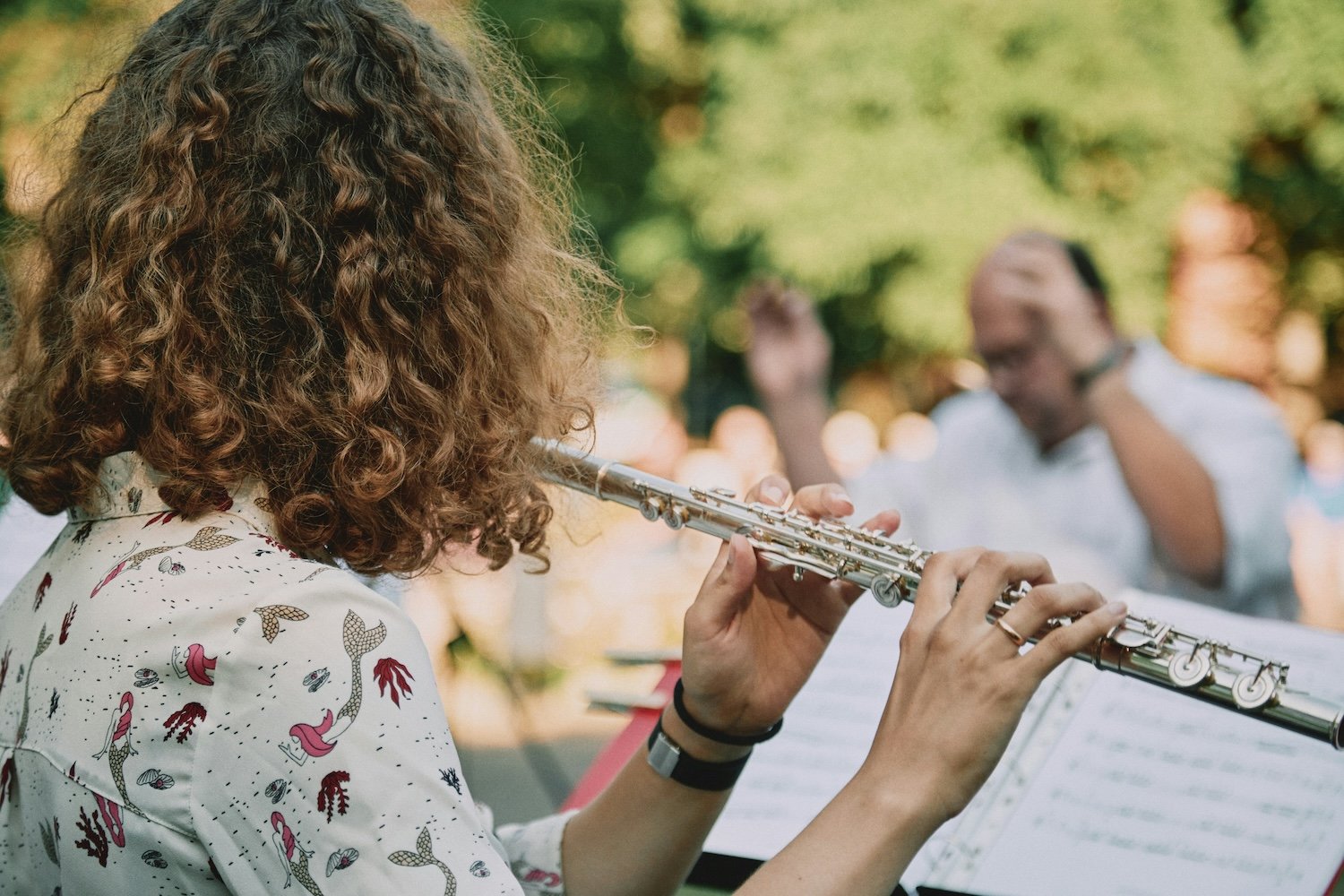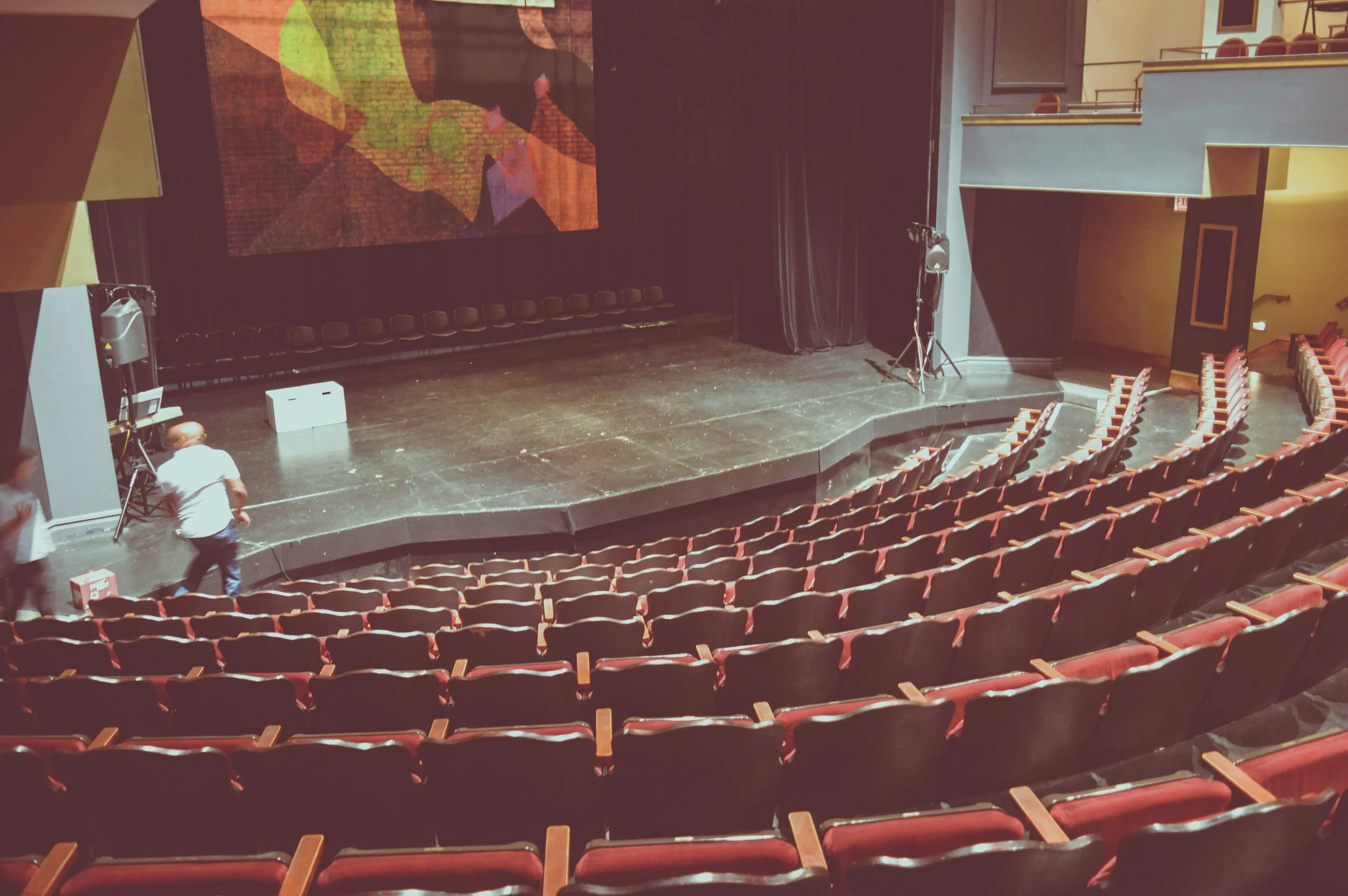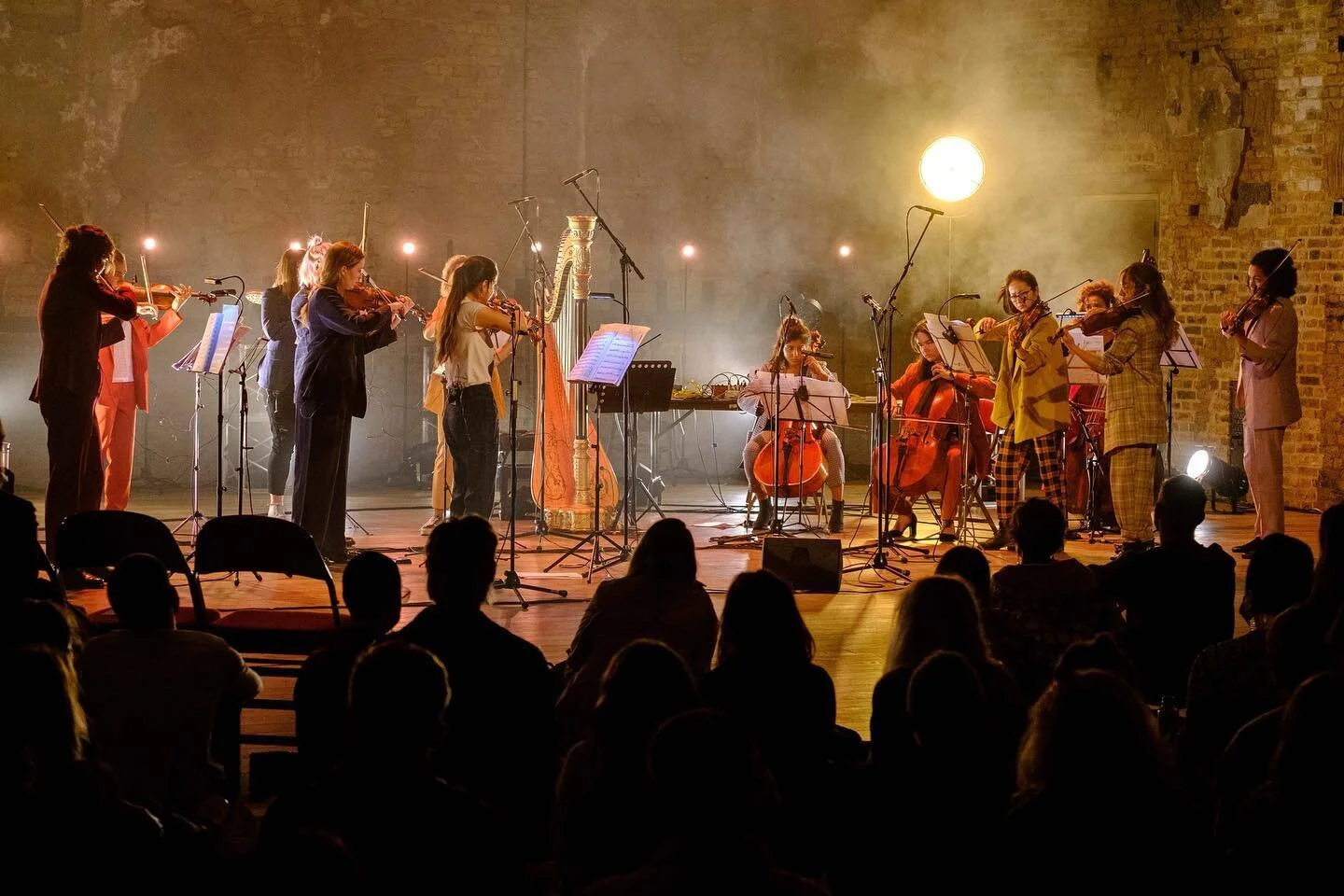The Challenges of Being an Emerging Classical Musician
Photo by Joonas Sild on Unsplash
What’s it like to be an “emerging” musician? We asked our Instagram followers - many of whom are performers and composers in their 20s and 30s - the following question:
What’s something you find difficult about being an emerging musician?
We left the term “emerging musician” deliberately vague, and understandably, several people answered with “the term ‘emerging’”. While the description isn’t perfect (when and how does one “emerge?”), there were several themes among the responses. In an industry that doesn’t always encourage vulnerability, we’d like to say a big thank you to all respondents for your honesty, and hope that you can see that you are far from being alone in your challenges. Here is a breakdown of the answers to give you an insight into life as a freelance musician after graduating from music college.
-
“There’s no one path…you have to both make it and take it!”
“I’m constantly thinking about the next steps, applications and deadlines, it can feel overwhelming”
“I’m my own boss, making my own party - feels empowering but unstable and very stressful”
“Managing having to both practice and self-manage (lead generation, travel booking, managing teaching, keeping accounts up to date, networking, emails, website update…). On top of figuring out what your voice is as an artist and how you can meaningfully bring about change and do something you love and are good at whilst earning money!”
“Working out/finding what’s best as a next step”
-
“The economic restraints of not having a “real” full-time job while investing in your artistic career”
“The amount of opportunities that don’t pay fairly on account of you being ‘emerging’”
“Not having any consistent income, being expected to work/practice/compose for free”
“Having to spend a lot of money on promoting your music”
-
“Not being able to get auditions for big orchestras. How am I meant to prove my worth?!
“Finding & securing opportunities!”
“Getting concerts”
“No responses from promoters”
“Finding opportunities that feel accessible”
“The hardest part of being a composer is being performed”
-
“The age limit placed on “being successful” in the public eye. The pressure to “emerge” with prominence and success before the age of 30 is a heavy, scary weight to move past. Why is there an age limit?”
“Too old for artist schemes even though I’m a mature student / career changer still in music college”
“Age limits on courses and academy programmes. Everything capped at 28-30yrs!”
“You can still feel like you’re ‘emerging’ even at the age of 50…” -
“Getting concerts or opportunities/auditions for a concert series when you are over 21”
“At one point I was emerging and by now I should have emerged. I’m almost 40 and still not quite there.”
-
“Having confidence in my compositional abilities and ‘style(s)’, and not comparing myself to others”
“Wondering ‘have I got an empty diary because of the state of the industry or am I not good enough?’”
“Being taken seriously”
“The mental/social energy needed to “sell yourself” to lots of different people repeatedly”
“That you have to market yourself on social media”
-
“The idea that everyone seems to think they know what your destination is, rather than asking you where you’d like to be. Artists constantly emerge. Until someone else (likely younger than you) labels you ‘heritage’.”
“Being completely dependent on important people choosing YOU and it being super random”
“The expectations establishments put on us in their calls to fit standards we don’t even know about”
“The felt need to go into more commercial avenues and by extension potentially less interesting…”
-
“Dealing with depressive episodes as a freelancer”
“Taking time off means you’ll miss crucial opportunities and make a bad impression”
“The inability to take time out to start a family, because there’s no support offered”
Photo by Kael Bloom on Unsplash
Photo by Manuel Nägeli on Unsplash
Photo by Matthew LeJune on Unsplash
To balance out the difficulties of the challenges faced by emerging classical musicians, we also asked:
Why do you keep going with it, despite the challenges?
Some of the responses spoke of the sheer joy of making music, and musicians not being able to imagine doing anything else. Other replies spoke fondly of the amazing community of musicians that they felt couldn’t be found elsewhere. There was a feeling of ‘sunk cost’ for some: having invested so much in it already makes it feel like a waste to give up, not to mention that they may not have other strings to their bow. And finally, one honest composer admitted egotism!
To take part in our next poll, follow us on Instagram @alterclassical.











